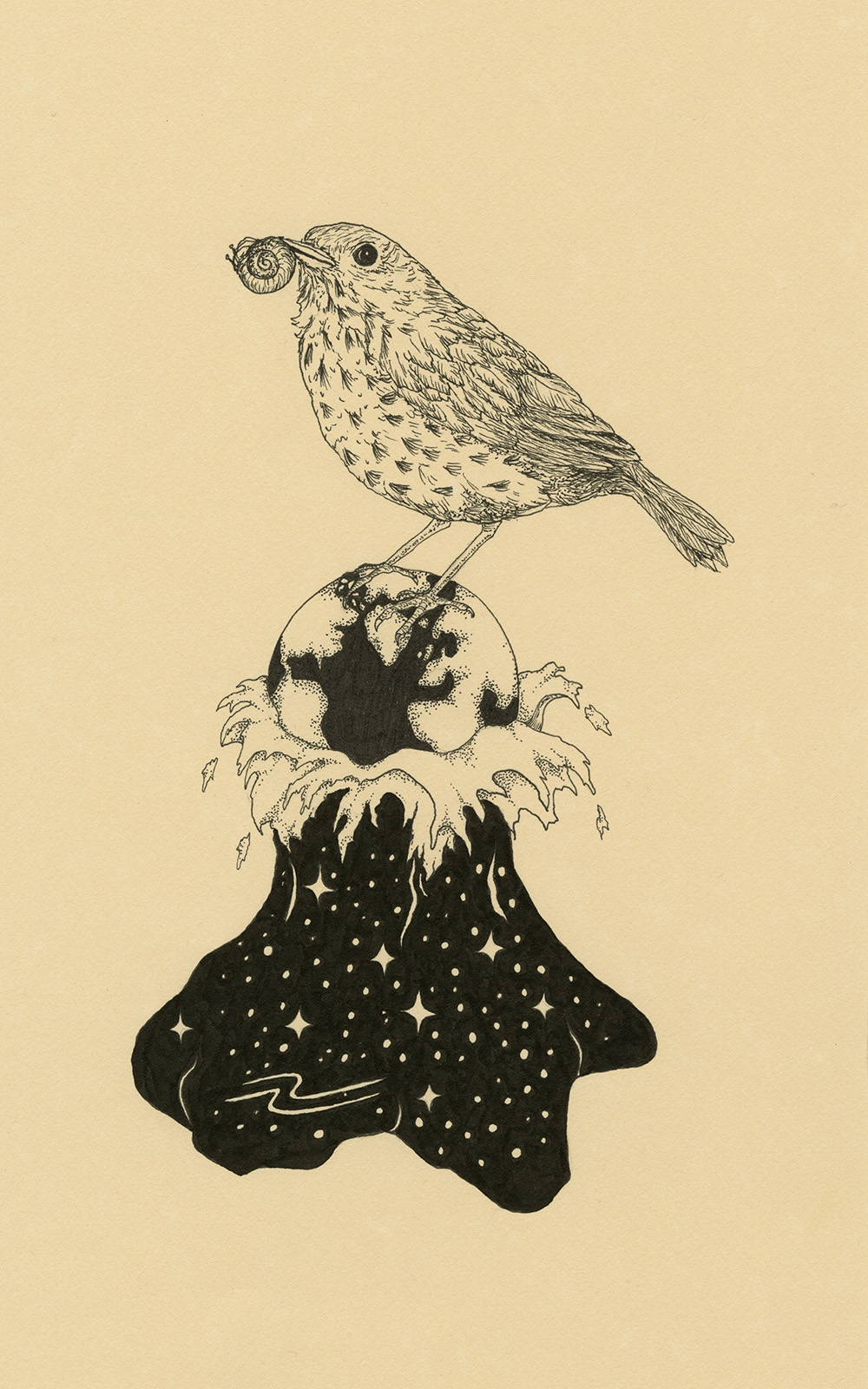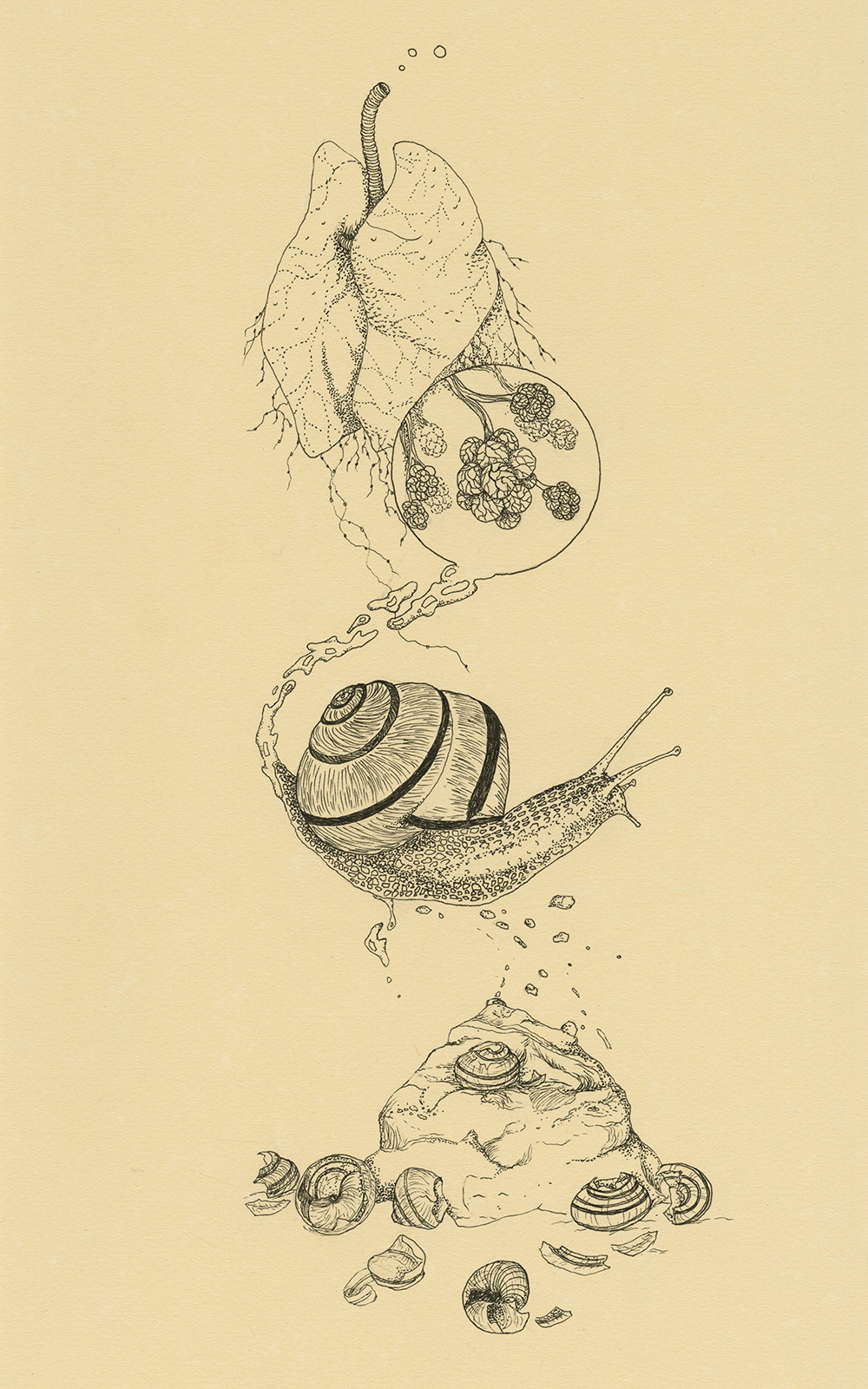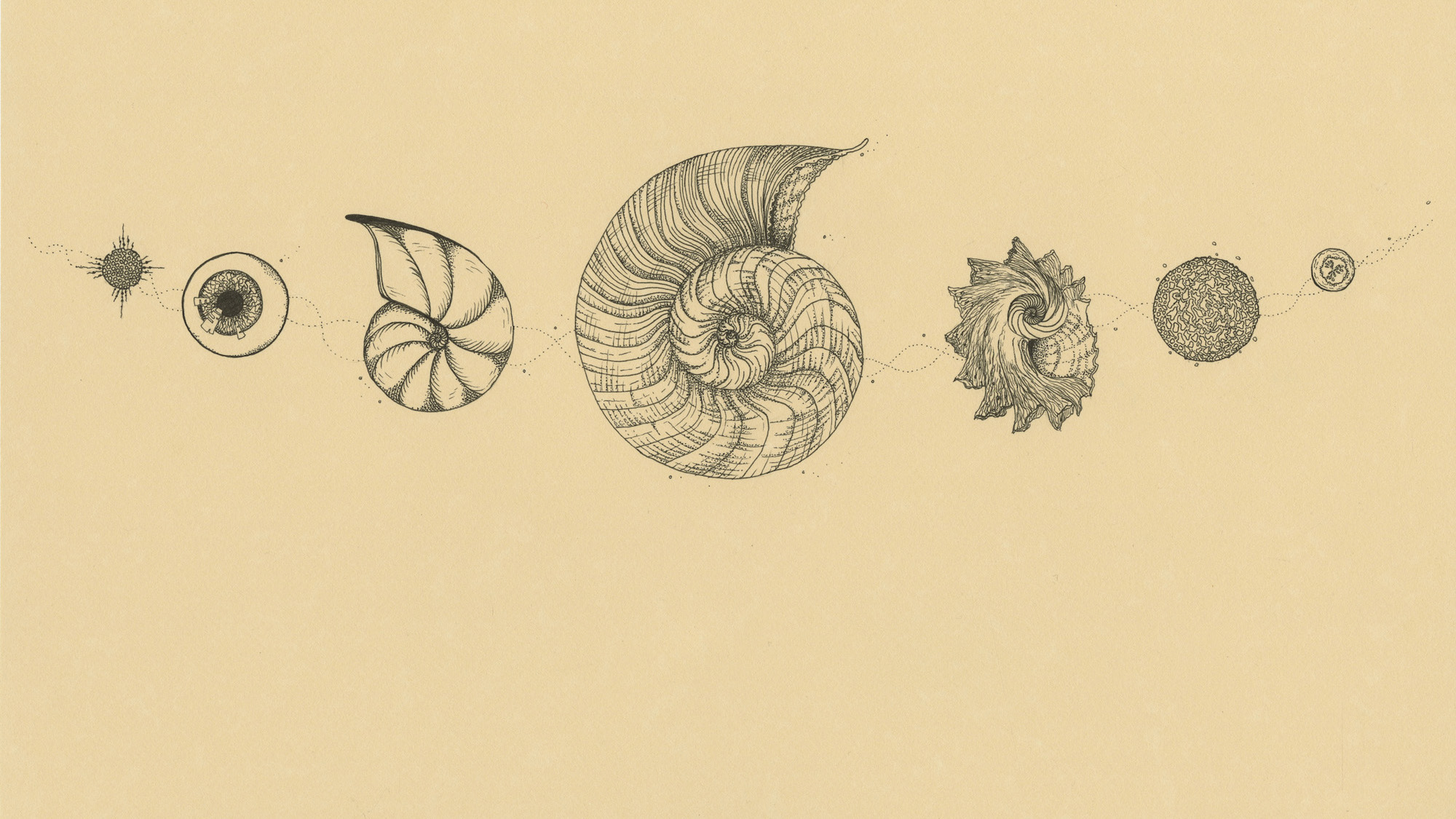The Ache for Order, the Virtue of Chance
Much of the power of Dostoevsky’s great novel Crime and Punishment stems from the seemingly random decision of an impoverished ex-student, Rodion Raskolnikov, to murder an elderly pawnbroker. In Raskolnikov, as in so many other characters in literature, we ultimately come to accept randomness and unpredictable behavior as an inevitable part of the human psyche.
Yet such conclusions oppose the first instincts and desires. As a species, we largely prefer predictability and order. Order brings us security, sanity, peace. Order, when we can find it, makes sense of the world.
Early in human culture, we see the impulse to order our surroundings. In Hesiod’s cosmology of 700 BC, the world began in Chaos – formless, silent and dark. Out of Chaos rose Mother Earth, who organized the world into sky, mountains and sea. In Genesis, God’s first act after creating heaven and earth is to separate darkness from light. Four thousand years ago, the Mesopotamians created the Code of Ur-Nammu which, as the first recorded set of laws, represents another form of order.
Nowhere do we crave order, and the powerful results reaped from that order, more than in nature. The mapping of the seasons permitted the development of agriculture. The ability to predict the swing of pendulums led to the creation of pendulum clocks. The repeatable production of T-lymphocytes, or T-cells, when exposed to the vaccinia virus allowed the eradication of smallpox. Indeed, the great project of science throughout history might be viewed as the imposition of order onto this strange and seething cosmos we find ourselves in.
What a surprise then, that when we examine the matter more closely, we find that randomness is essential to the workings of nature and perhaps even required for human beings to exist at all. Despite all appearances, nature actually thrives on randomness. In some cases, randomness in one system can bring about order in another. This is demonstrated by the recent work of physicist Rudolf Podgornik of the University of Ljubljana, Slovenia, whose research team found that disorder in a fluid of charged atoms could be reduced, under certain conditions, by bringing it into contact with another group of disordered atoms.
The most well-known example of the benefit of disorder and randomness is the mutation of genes. Through this random process, living organisms try out different bodily architectures that might have never been sampled otherwise. The outcomes of these spins of the genetic roulette wheel are not known in advance, but without them, biology would be stuck with a small number of inflexible designs. There would be much less biodiversity on earth, and many organisms would die out, unable to adapt to changing environmental conditions.
A lesser-known, but more pervasive form of randomness in nature lies in the process called “diffusion.” Here, a concentration of matter or energy is automatically smoothed out by the random collisions of atoms and molecules, without any expenditure of energy. For example, if you pour a gallon of hot water into a cool bath, at first your bath will have a hot region surrounded by a cool region. However, the hot water quickly mixes with the cool water until the water is at a uniform temperature. Without random molecular collisions, this mixing, or diffusion, would not occur.
Diffusion allows the energy of the sun, arriving at earth in the form of light, to be shuffled throughout the atmosphere and oceans. Without diffusion, the parts of the earth that do not receive direct sunlight at a given time of year, such as Sweden in winter and southern Argentina in summer, would be hundreds of degrees colder than the rest of the planet.


Diffusion is fundamental to biology. Take the case of oxygen, the essential gas for energy production. With each inhalation, we produce a high concentration of oxygen in our lungs. The embedded tiny blood vessels in the lungs have a relatively low amount of oxygen. Thus, the vital gas diffuses from the lungs to the blood and then, for the same reason, from the blood to individual cells throughout the body. Such directed movement results from the random collisions of oxygen molecules with non-oxygen molecules, tending to transport oxygen molecules from areas of high concentration to areas of low concentration. Without random collisions, oxygen in the lungs would remain in the lungs and the cells of the body would suffocate to death.
Another biological example of diffusion is the racing of electrical signals along nerve cells, the mechanism by which the body communicates with itself. That pulse of electricity is created by electrically charged sodium and potassium atoms moving across the outer walls of nerve cells. Such movement, in turn, is caused by the random shuffling of a high concentration of charged atoms to a region of lower concentration, evening out the concentration of the atoms. Paradoxically, the random collisions of individual atoms leads to the orderly progression of an impulse down the nerve. Many other examples exist in nature where randomness at the micro level leads to order and desirable effects at the macro level.
One cannot resist attempting to apply this principle to human civilization and its creations. In his 2012 book Antifragile: Things that Gain from Disorder, the risk analyst Nassim Nicholas Taleb argues that many phenomena, including human organizations, require some kind of unexpected stress to function well. “Some things benefit from shocks; they thrive and grow when exposed to volatility, randomness, disorder, and stressors and love adventure, risk, and uncertainty,” Taleb writes in his book. Companies that are occasionally struck with management crises can become stronger after reorganization. Unanticipated crimes and human violations at the individual level often lead to better laws and government for the society as a whole. It is not surprising that such ideas would come from a risk analyst.
I would argue that whether or not human beings consciously seek adventure and risk outside of ourselves, our minds are constantly playing with adventures of an internal kind. Random play may even be essential to our creations and our lives. Perhaps such unintentional mental explorations gave birth to Pablo Picasso’s invention of cubism or Steve Job’s invention of the Apple computer.
Beyond the creations of genius, we are enveloped by accidents and random events every day. If we look back on our own experiences, do we not find chance meetings with certain strangers, unexpected events, accidental encounters with a particular books or songs, or even a single spoken sentence sometimes fashioned into a larger pattern of meaning and order?
Alan Lightman, a member of Undark’s Advisory Board, is a professor of humanities at MIT and the author of numerous books, including Einstein’s Dreams.










